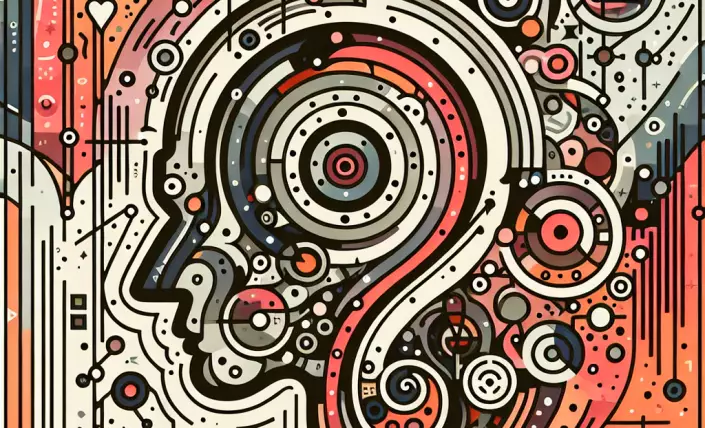In the labyrinthine pathways of modern society, where chaos and complexity often seem to reign supreme, the idea of spontaneous order offers a beacon of understanding. This concept, often associated with Friedrich Hayek, challenges us to rethink the very fabric of societal structures and the nature of human cooperation. At its core, spontaneous order suggests that order in society arises not from centralized control or deliberate design, but from the interactions of individuals pursuing their own interests. This notion has profound implications for how we view the world and our place within it.
Imagine a bustling city, alive with the hum of activity. People move about, seemingly in chaos, each with their own destinations and objectives. Yet, despite the apparent disorder, there is a remarkable level of coordination. Traffic flows, goods are exchanged, and services are rendered, all without a central planner dictating every move. This is the essence of spontaneous order—a system where order emerges from the bottom up, rather than being imposed from the top down. Hayek's insight into this phenomenon invites us to consider how our individual actions, when woven together, create a tapestry of social cooperation that no single mind could possibly design.
Spontaneous order challenges the notion that society must be meticulously planned to function effectively. It suggests instead that when individuals are free to pursue their own goals, guided by the price signals and information available to them, they inadvertently contribute to the greater good. This is not to say that chaos is beneficial, but rather that within what appears to be chaos, there is an inherent order—a natural equilibrium that arises from the interplay of individual actions. The market, as Hayek famously argued, is a prime example of this kind of order, where prices serve as signals that coordinate the actions of producers and consumers without any need for central planning.
This understanding prompts us to reflect on the institutions that govern our lives. Are they facilitating spontaneous order, or are they imposing artificial constraints that stifle it? Hayek's philosophy urges us to be wary of the hubris of central planners who believe they can engineer society according to their vision. The complexity of human interactions and the sheer volume of information dispersed among individuals make such attempts not only futile but potentially harmful. Instead, we are encouraged to trust in the process of trial and error, allowing individuals the freedom to innovate and adapt, leading to the discovery of solutions that no planner could foresee.
The implications of spontaneous order extend beyond economics and into the realm of social and political philosophy. It challenges us to reconsider the role of government and the limits of its intervention in our lives. While some level of governance is necessary to maintain the rule of law and protect individual rights, an overreliance on regulation can stifle the very dynamism that spontaneous order relies upon. Thus, a delicate balance must be struck, one that respects the autonomy of individuals while ensuring a framework within which spontaneous order can flourish.
In contemplating the idea of spontaneous order, we are invited to reflect on our own lives and the ways in which we interact with others. It calls us to embrace humility, recognizing that our individual actions, though seemingly insignificant, contribute to a larger pattern of order. It encourages us to appreciate the unseen mechanisms that coordinate our lives and to trust in the process of emergence that has long governed human society. By doing so, we not only gain a deeper understanding of the world around us but also a greater appreciation for the intricate dance of cooperation that sustains us all.










